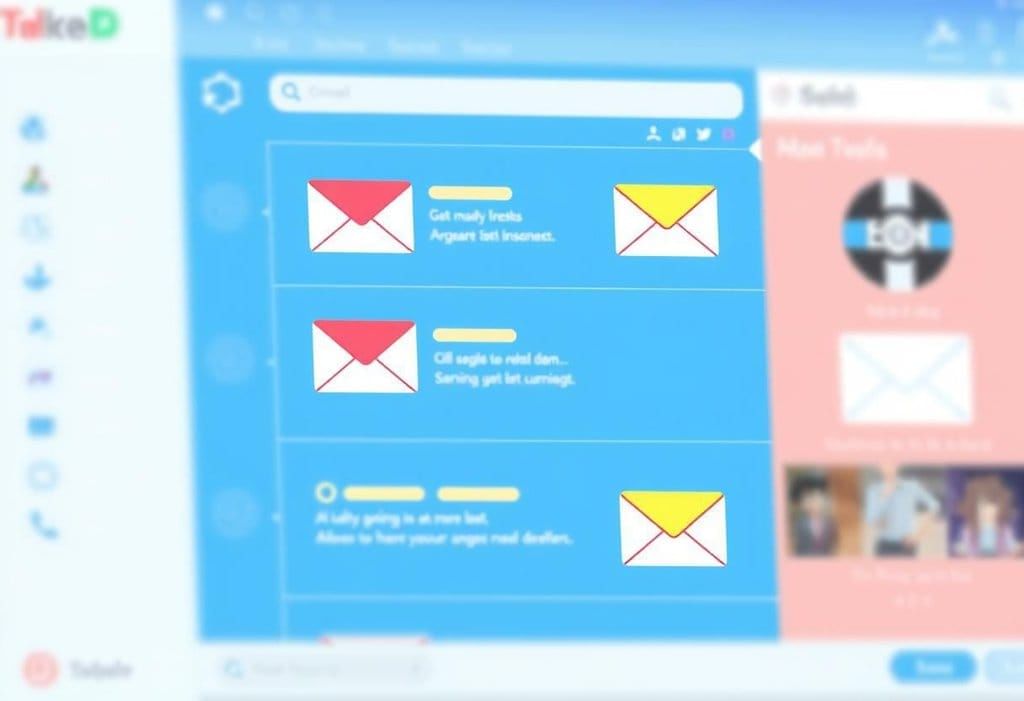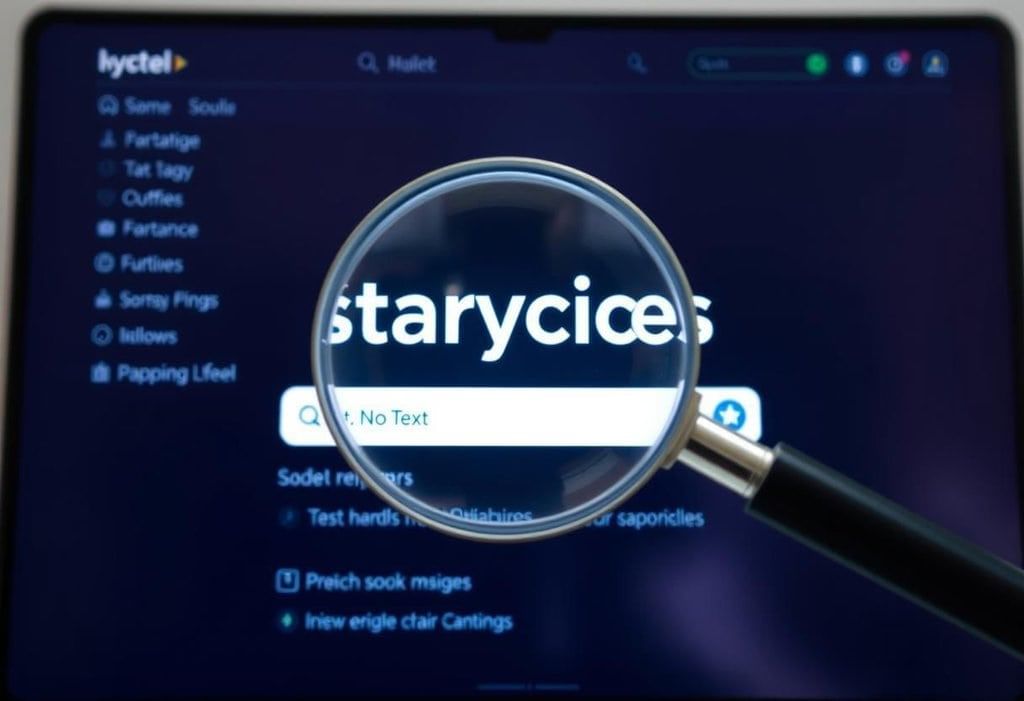The Internet | Year 5 Computing IGCSE (Cambridge) PDF Download
Understanding the Internet and World Wide Web
The Internet is a global network of computers that are connected to each other. It allows people to communicate, share information, and access services across the world. The Internet is used for many purposes such as sending emails, browsing websites, streaming videos, and social networking.
The World Wide Web (WWW) is a system of interlinked hypertext documents (websites) accessed via the Internet. Web pages on the WWW contain text, images, videos, and links to other pages, allowing users to easily navigate from one site to another. Digital Connectivity
Digital Connectivity
Key Difference: The Internet is the infrastructure (network), while the World Wide Web is the content (websites and pages) that people access using the Internet.
Browsers and Search Engines
Browsers
A web browser is a software application used to access the World Wide Web. Popular web browsers include:
- Google Chrome
- Mozilla Firefox
- Microsoft Edge
- Safari
Browsers allow users to view websites by typing a website address (URL) into the address bar. Browsers can also display multimedia content like images and videos and allow users to interact with websites through forms and links.
Search Engines
Search engines are tools that help you find information on the Internet. They allow users to search for websites, images, videos, and other content based on keywords. Some of the most popular search engines are:
- Google - The most widely used search engine.
- Bing - A search engine by Microsoft.
- Yahoo! - A popular search engine and web portal.
- DuckDuckGo - A privacy-focused search engine.
When you enter a query into a search engine, it returns a list of relevant results ranked by importance and relevance.
Using Email and Managing Inbox
Email is one of the most popular ways to communicate online. It allows you to send and receive messages and files via the Internet. Some popular email providers include:
- Gmail
- Yahoo Mail
- Outlook
How to Use Email
To send an email:
- Open your email provider’s website or app.
- Click on the Compose button to create a new message.
- Enter the recipient's email address in the "To" field.
- Type the subject and message content.
- Click on the Send button.
 Organized Email
Organized Email
Managing Your Inbox
Your inbox is where you receive all incoming emails. You can:
- Read and reply to emails.
- Delete or archive emails to keep your inbox organized.
- Create folders to categorize emails for easier access.
- Mark important emails or set up labels to highlight important messages.
Example: If you receive an email from a friend, you can reply by clicking on the Reply button and typing your message. If it's a spam email, you can delete it by clicking on the Delete button.
Internet Safety and Security
Staying safe online is important to protect your personal information and privacy. Here are some basic safety tips:
- Use strong passwords for your accounts and change them regularly.
- Avoid sharing personal information (e.g., address, phone number) online unless necessary.
- Be cautious of phishing scams, which trick you into revealing sensitive information.
- Use antivirus software to protect your computer from malware and viruses.
- Keep your software up to date to avoid security vulnerabilities.
 Digital Security
Digital Security
Example: When shopping online, make sure the website uses HTTPS encryption (indicated by a padlock symbol) to protect your payment information.
Searching Effectively on the Web
To get the best results when searching on the web, it's important to use effective search strategies:
- Use specific keywords: Enter precise keywords related to what you are looking for.
- Use quotation marks: When searching for an exact phrase, use quotation marks around the words (e.g., "climate change effects").
- Use search operators: You can use operators like AND, OR, and NOT to refine your search. For example, cat AND dog will search for results that contain both "cat" and "dog".
- Evaluate the sources: Make sure the website you are looking at is trustworthy and reliable.
 Focused ExplorationExample: If you want to learn about the benefits of exercise, you could search for "benefits of exercise" in Google. To narrow the results, you could add specific keywords like "for students" or "health benefits."
Focused ExplorationExample: If you want to learn about the benefits of exercise, you could search for "benefits of exercise" in Google. To narrow the results, you could add specific keywords like "for students" or "health benefits."
Online Collaboration and Social Networking Tools
Online collaboration tools and social networking platforms are widely used for communication, sharing ideas, and working on projects together. Tech Community Collaboration
Tech Community Collaboration
Online Collaboration Tools
Online collaboration tools allow people to work together remotely, share documents, and communicate easily. Some popular tools are:
- Google Docs: A cloud-based tool that allows multiple people to create and edit documents in real-time.
- Dropbox: A cloud storage service for sharing and collaborating on files.
- Microsoft OneDrive: Another cloud storage platform that allows collaboration on files and documents.
Example: You can use Google Docs to work with your classmates on a school project, editing a document together in real-time.
Social Networking Tools
Social networking tools help people connect with others, share updates, and join communities of like-minded individuals. Popular social networks include:
- Facebook: A platform for connecting with friends and family, sharing photos, videos, and posts.
- Twitter: A microblogging site where you can share short messages (tweets) and follow others' updates.
- Instagram: A photo and video-sharing platform, mainly used to share visual content.
- LinkedIn: A professional networking site used to connect with colleagues, find job opportunities, and share work-related content.
Example: On Facebook, you can join groups related to your interests or follow public pages to stay updated on news and events.
|
10 docs|8 tests
|
FAQs on The Internet - Year 5 Computing IGCSE (Cambridge)
| 1. What is the difference between the Internet and the World Wide Web? |  |
| 2. How do I choose the right web browser for my needs? |  |
| 3. What are some best practices for managing my email inbox effectively? |  |
| 4. What steps can I take to enhance my online safety and security? |  |
| 5. How can I improve my search skills on the web? |  |




















